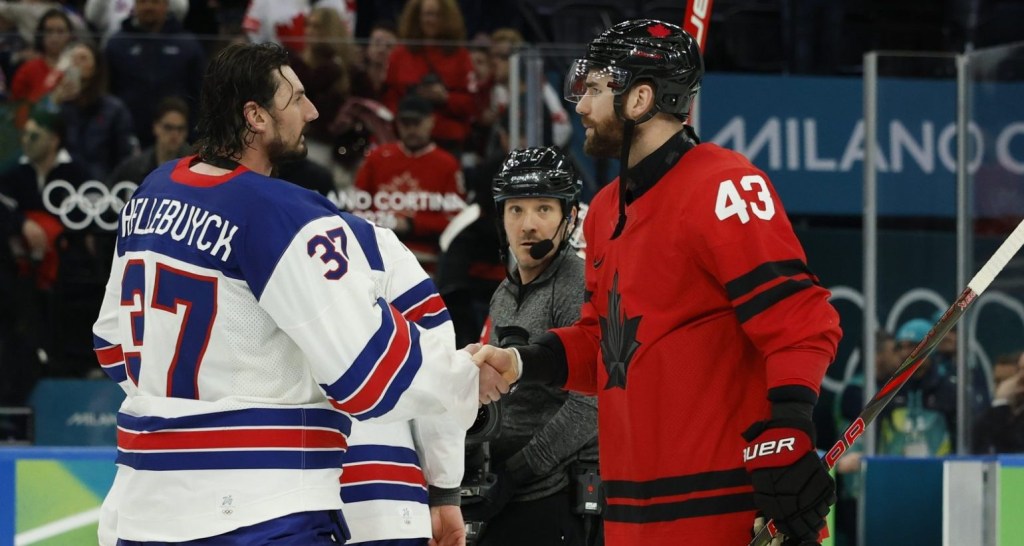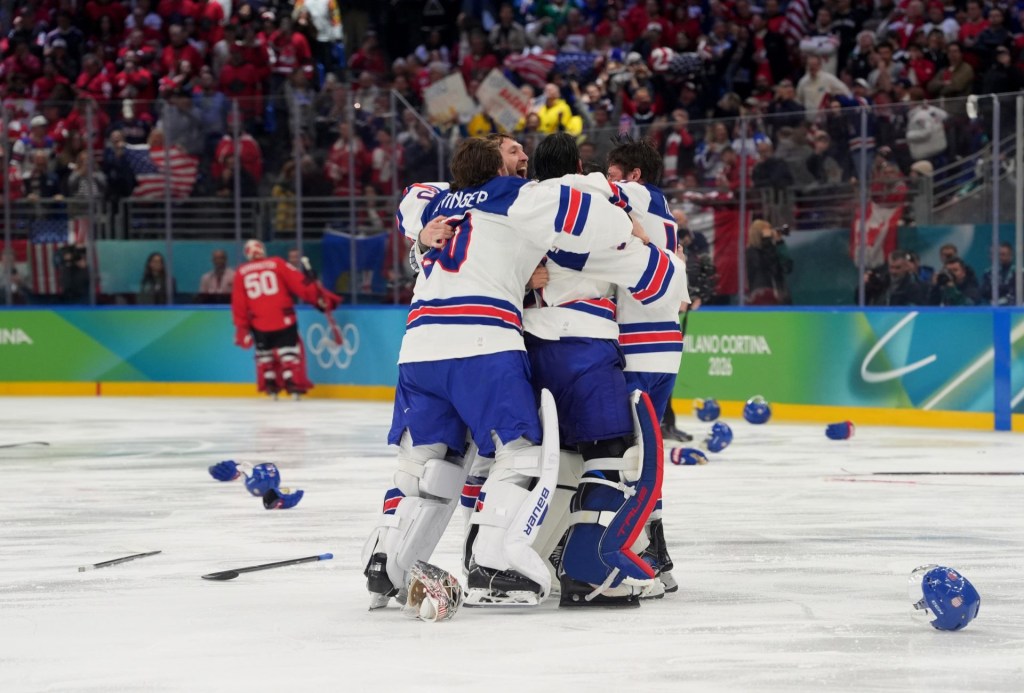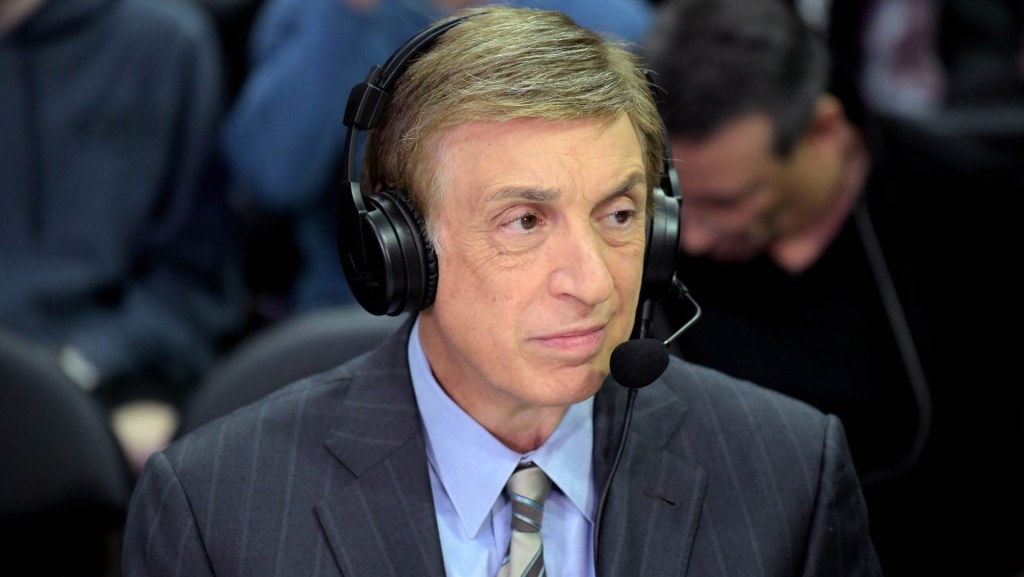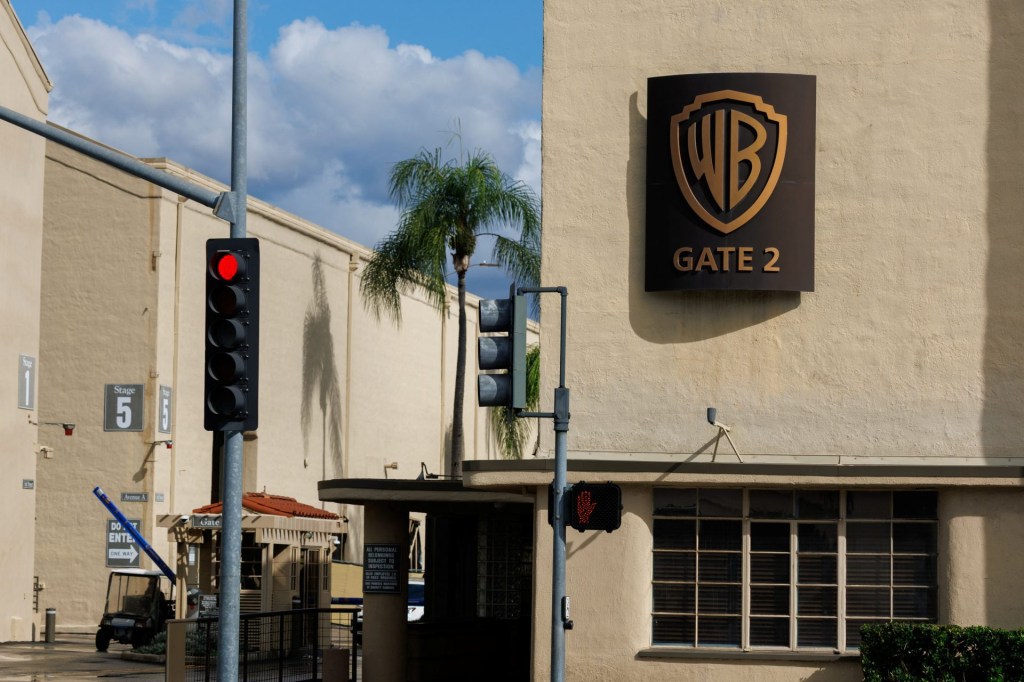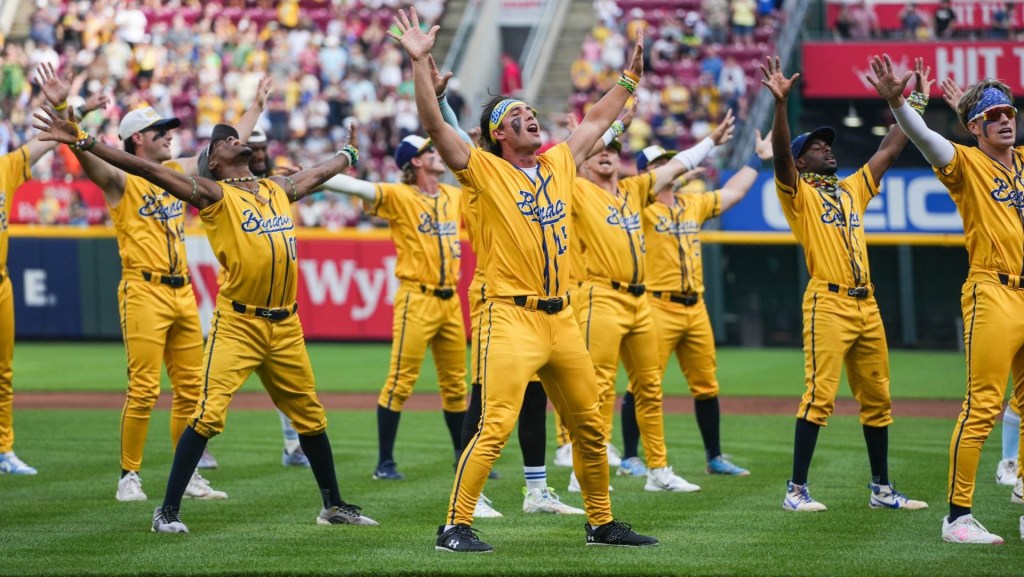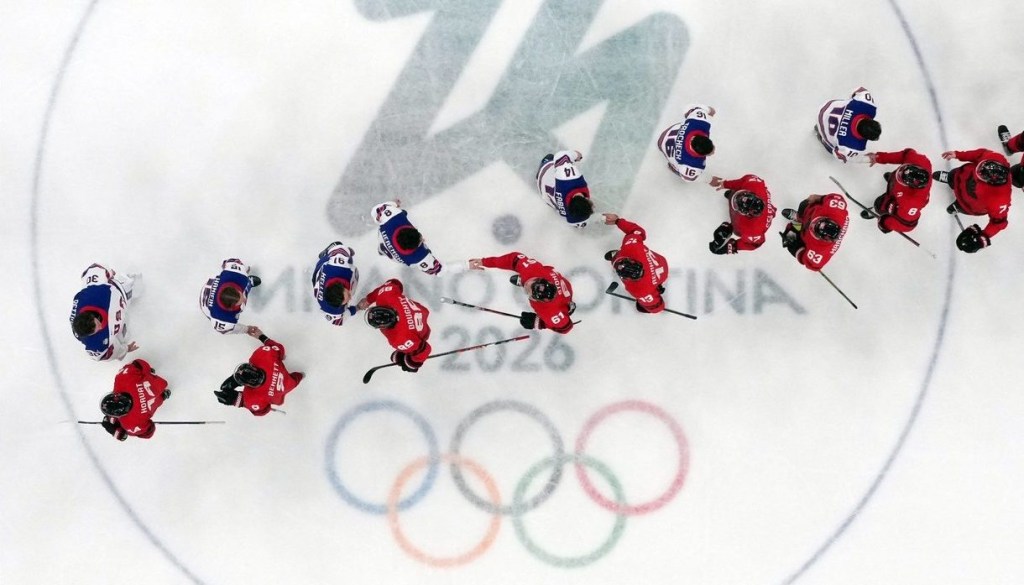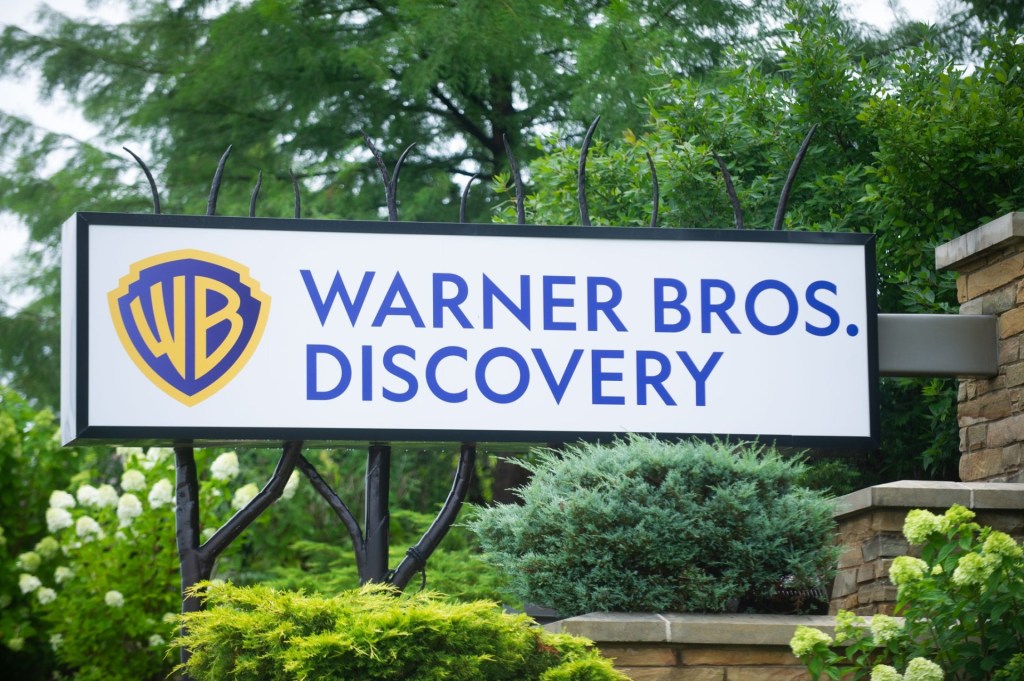The bumpy transition into a streaming-led media industry could leave many viewers without March Madness and the Masters this spring.
Paramount-owned channels, including CBS on broadcast and the CBS Sports Network, are set to go dark Thursday on YouTube TV, the fourth-largest U.S. pay-TV provider with more than eight million subscribers. The sides have been unable to reach a new carriage agreement, and the dispute is escalating just weeks before a key moment in the annual sports calendar for CBS with the two high-profile events upcoming.
“Paramount is an important partner for us and as you can imagine, this is not the outcome we want,” YouTube TV said in a blog post. “We’re still in active conversations with Paramount and are hopeful we can come to an agreement to keep their content available.”
The blackout is due to go into effect at 11 p.m. ET on Thursday.
The contract battle also arrived just weeks after YouTube TV raised its prices by $10 per month to $82.99. YouTube said it would give its customers an $8 credit if the Paramount content “is unavailable for an extended period of time,” though there were no immediate specifics on how long it would take to trigger that offer.
In its own specially created web page, Paramount touted the popularity of its programming among YouTube TV subscribers.
“YouTube TV is prioritizing their own interests over a fair agreement,” the company said.
Pivot Points
The carriage dispute arrives at a delicate time for both companies, in addition to the top-tier sports content now at risk. Paramount is attempting to finalize an $8 billion merger with Skydance, a deal in the works since last summer that has gone through numerous twists and turns—including an aborted rival bid from media executive Edgar Bronfman Jr.
That Paramount merger is now attempting to close in the midst of a new White House administration led by U.S. President Donald Trump that is placing unprecedented levels of pressure on many media outlets.
The Google-owned YouTube TV, meanwhile, is still attempting to position itself as a more nimble and affordable option than traditional cable or satellite TV. That effort, however, is growing more difficult between the escalating costs and other carriage issues. It’s had other fractious negotiations with programmers in recent years, including one in 2021 with ESPN parent Disney that saw that company’s channels briefly pulled from the service.
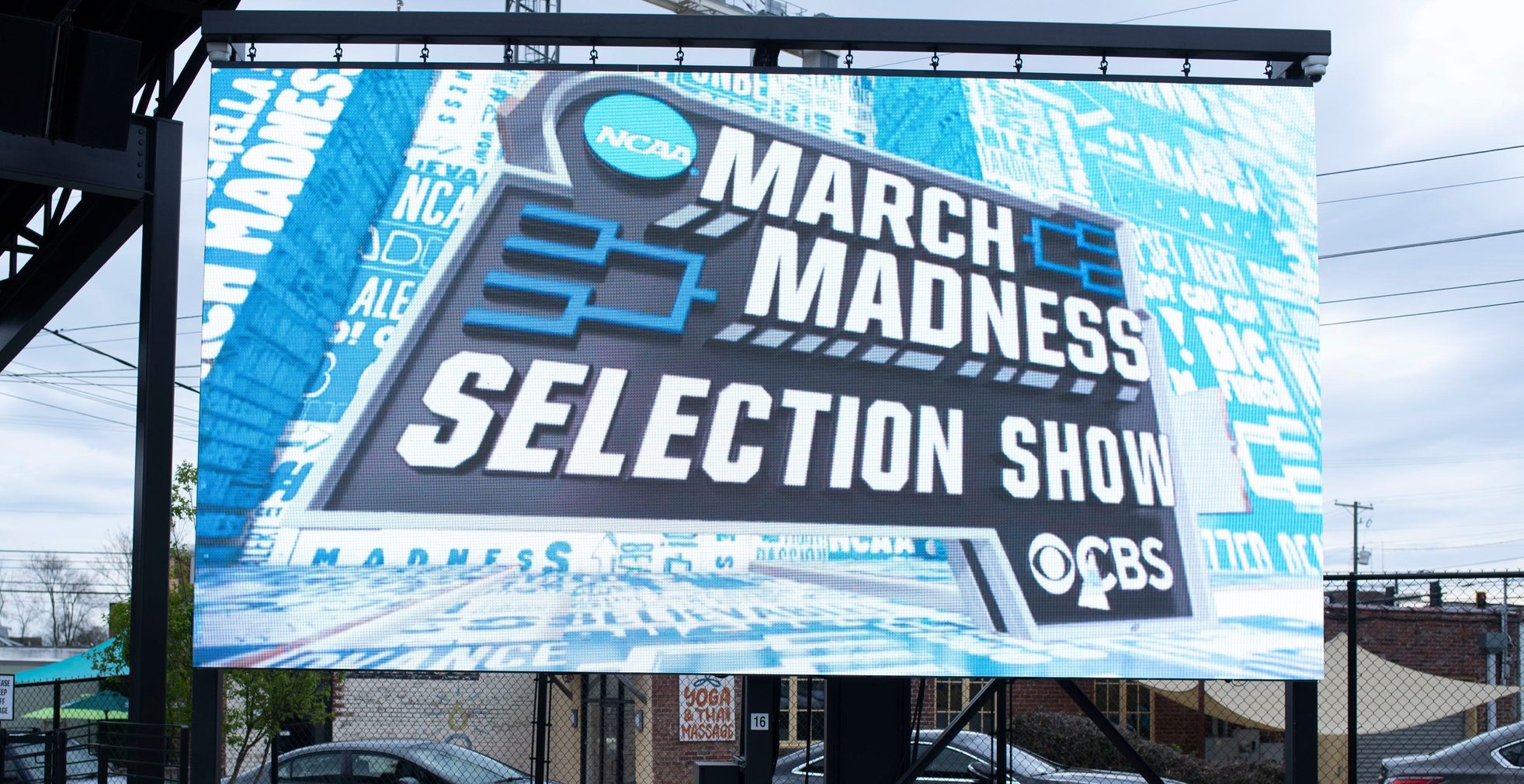
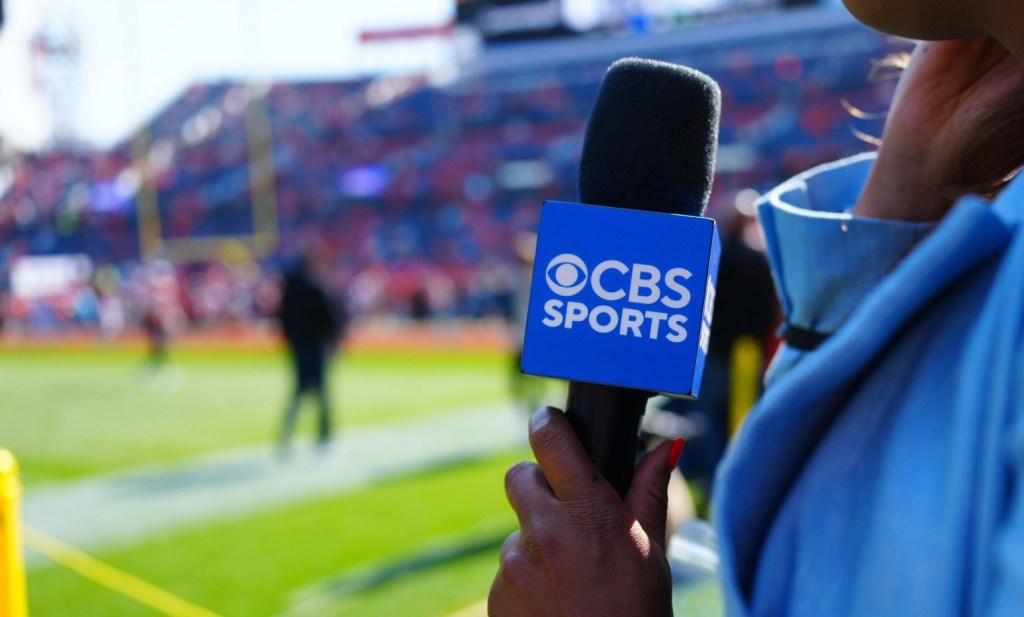
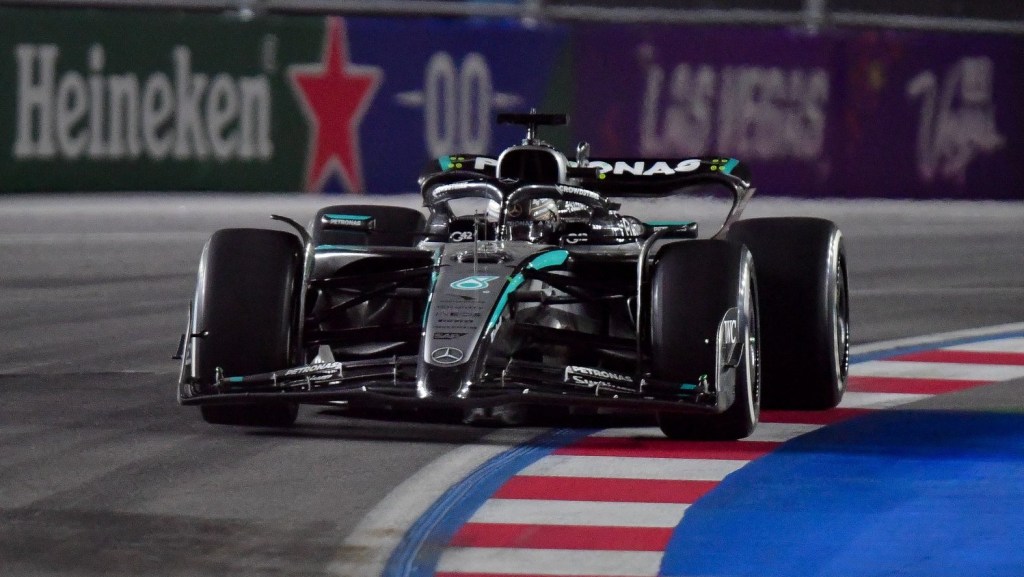
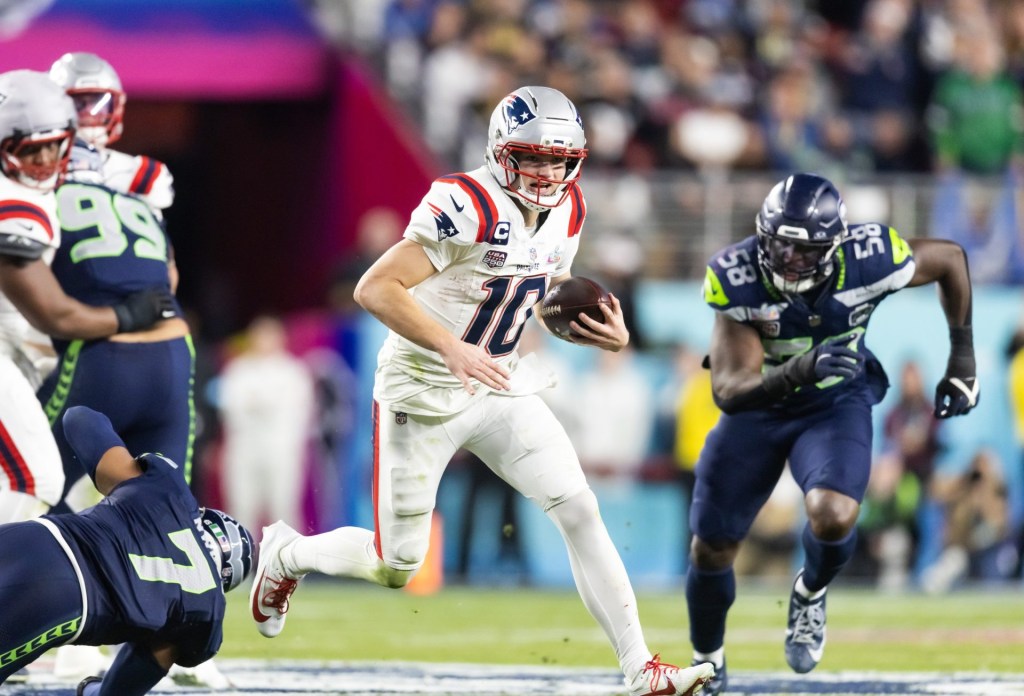
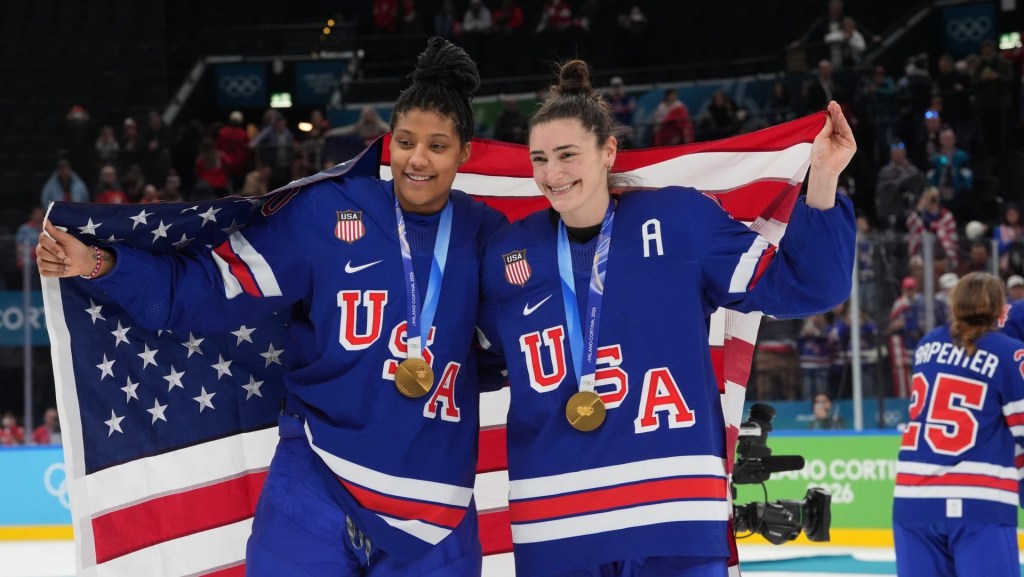
![[Subscription Customers Only] Jul 13, 2025; East Rutherford, New Jersey, USA; Chelsea FC midfielder Cole Palmer (10) celebrates winning the final of the 2025 FIFA Club World Cup at MetLife Stadium](https://frontofficesports.com/wp-content/uploads/2026/02/USATSI_26636703-scaled-e1770932227605.jpg?quality=100&w=1024)



